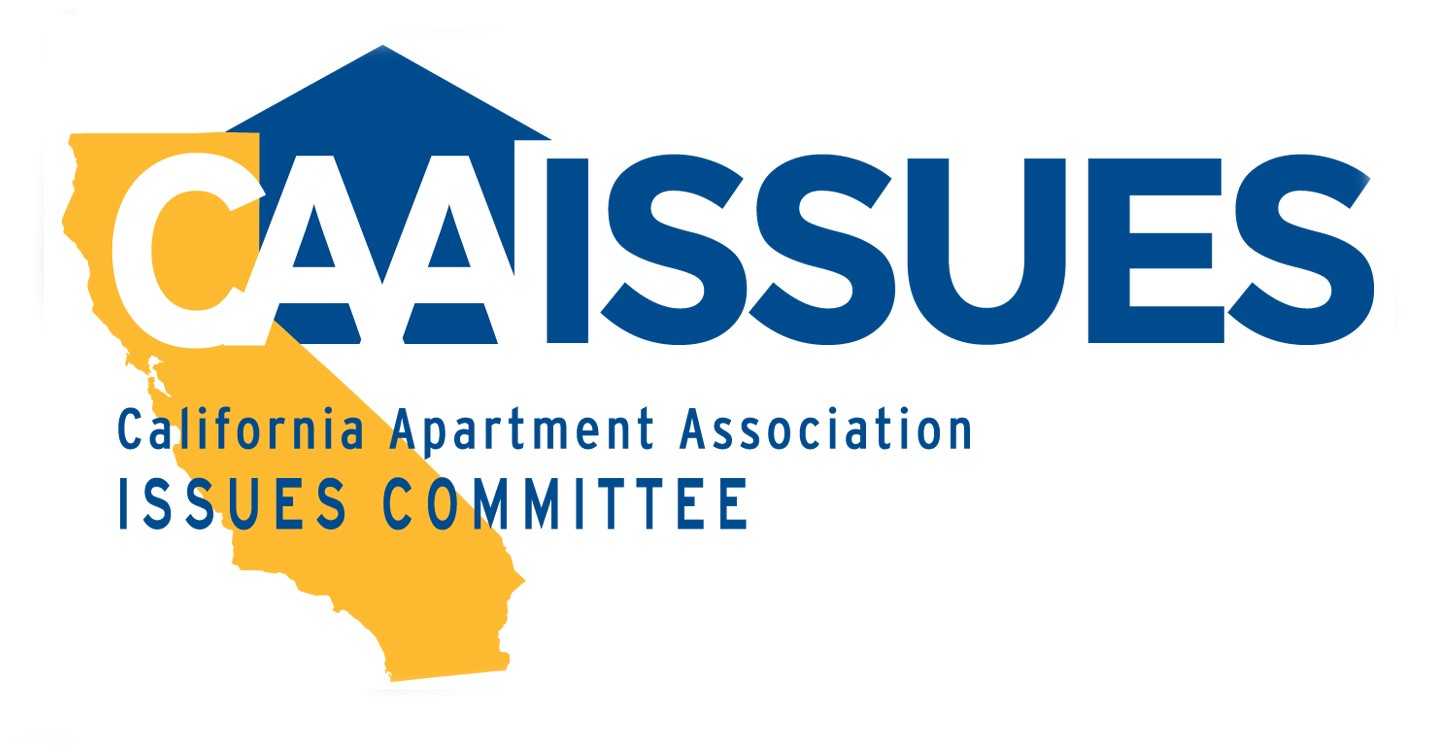High winds and resulting fires and evacuations prompted the governor this past weekend to declare a statewide emergency, a move that’s triggered protections against price gouging, including rent increases over 10% anywhere in California.
The cap applies to both existing and prospective tenancies, meaning a landlord cannot raise the rent on a vacant unit beyond the 10% mark. Further, an owner cannot terminate at tenancy in order to charge a new renter more than the cap would allow for the evicted renter.
The rent-gouging protections apply to all housing types, including vacant units. The state of emergency is slated to last 30 days, expiring Nov. 26, although Gov. Newsom can extend it.
The limit on rent increases is part of the state’s anti-price gouging law. When activated, Penal Code Section 396 makes it illegal to increase the price of many consumer goods and services, including that of rental housing, by more than 10% above pre-emergency levels.
When the governor declared the emergency Sunday, California was experiencing unprecedented wind events. The Kincade Fire in Sonoma County had burned more than 30,000 acres and had led to the evacuation of almost 200,000 people while threatening hundreds of structures. The fire, which has since spread to more than 77,000 acres, was 65% contained as of Friday, Nov. 1.
At the time of the declaration, the Tick Fire in Southern California had also destroyed structures, threatened homes and critical infrastructure, and caused the evacuation of tens of thousands of residents.

“Families in California are in the midst of dealing with devastating wildfires. They shouldn’t have to worry about whether they’re being illegally cheated out of fair prices,” Attorney General Xavier Becerra said in this news release last Sunday. “Our state’s price gouging law protects people impacted by an emergency from illegal price gouging on housing, gas, food, and other essential supplies. I encourage anyone who has been the victim of price gouging, or who has information regarding potential price gouging, to immediately file a complaint through my Office’s website or call (800) 952-5225, or to contact their local police department or sheriff’s office.”
Anyone convicted of violating the statewide anti-price-gouging law can face a year in county jail, a fine of up to $10,000, or both, as well as civil penalties. Local ordinances may impose additional penalties. . Learn more about the state’s anti-price gouging law by reading CAA’s Industry Insight.
The state’s anti-price gouging law served as inspiration for Assembly Bill 1482, which, beginning Jan. 1, will cap annual rent increases statewide at 5% plus CPI. Unlike the anti-price gouging statute, which applies to all housing types regardless of age, AB 1482 will be limited mainly to multifamily housing and corporate-owned single-family homes that are least 15 years old. Learn more about AB 1482 at CAA’s compliance page.

